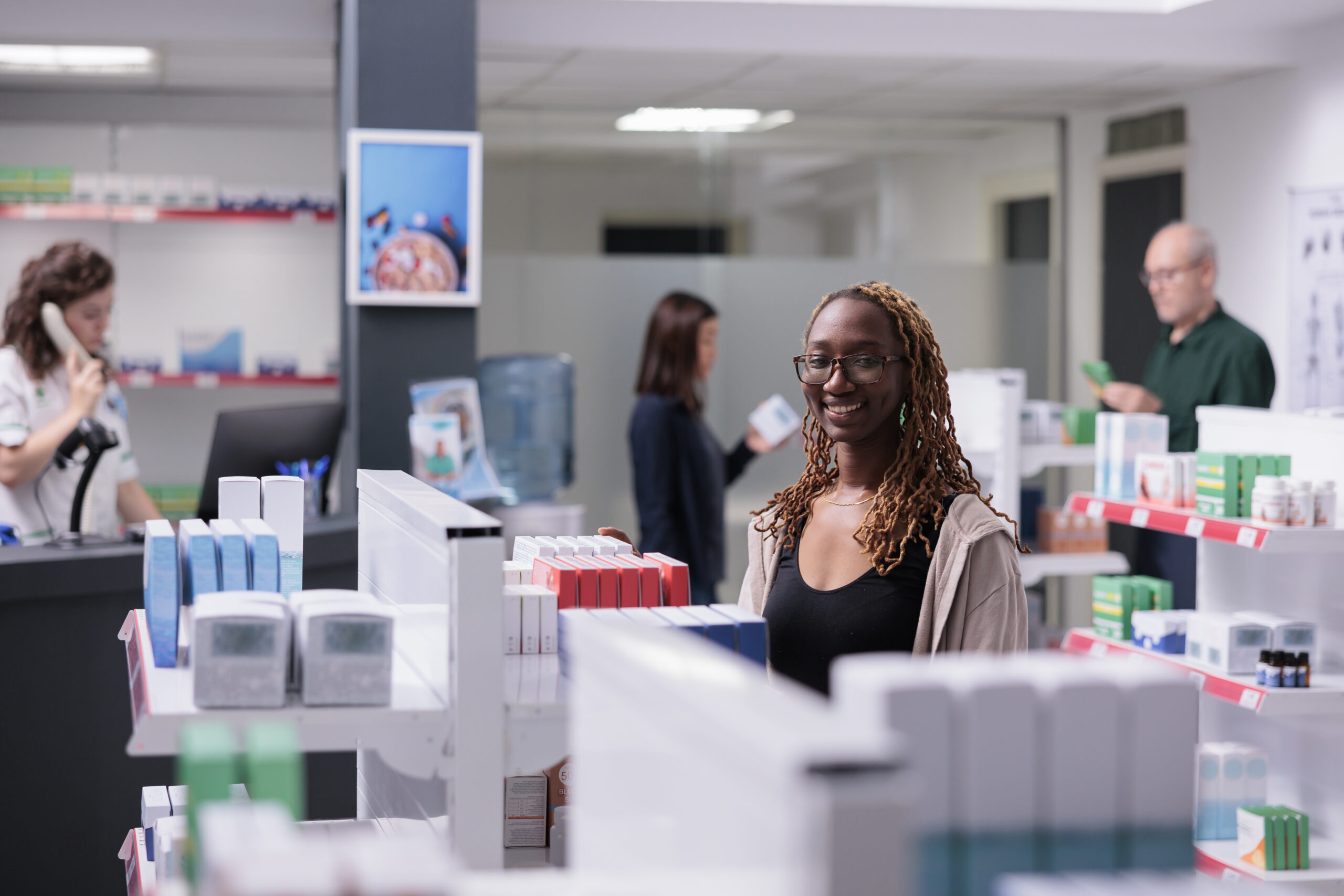Last week, a colleague was at one of the teaching hospitals in Lagos (won’t mention names), and overheard something interesting. A nurse was harshly explaining to a patient’s relative why they needed to come back the next day for a procedure that was scheduled for that day.
The relative’s response after the brief back-and-forth? “Thank you, Ma. No vex, sorry for the stress.”
That “Thank you, Ma” hit my guy differently.
But seriously, why are we so conditioned to accept poor service in healthcare? Why do we thank people for not doing their jobs properly? Why is patient satisfaction such a foreign concept in our hospitals?
I’ve been thinking about this and decided to write about it this week. You see, before starting patient.ng, I used to think patient advocacy in Nigeria was primarily about helping people pay their medical bills. But the more stories we collect, the more I realise:
Money is just one piece of the puzzle.
The lack of access to reliable quality healthcare makes most patients readily accept anything. Like they say- unfortunately, beggars can’t be choosers…
Take Mrs. A (name withheld for privacy). She had enough money to pay for her treatment. But she spent 5 hours waiting for a doctor who was “on the way.” When he finally arrived, she got less than 15 minutes of actual consultation time.
Her words: “I wasn’t expecting 5-star hotel service, but at least treat me like a human being.”
This is where the conversation about patient satisfaction in Nigeria gets interesting. We’ve somehow convinced ourselves that good service is an expensive luxury in healthcare. That basic courtesy and dignity is something we should be grateful for.
But here’s the truth:
Poor patient satisfaction actually affects health outcomes. When patients don’t feel heard or respected, they’re less likely to follow up on treatments, less likely to take their medications properly, and less likely to seek care early.
That’s the real cost of our “thank you, ma” attitude/culture in the Nigerian healthcare scene.
People aren’t just struggling with medical bills – they’re struggling with:
– Getting clear information about their conditions
– Understanding their treatment options
– Having their concerns taken seriously
– Being treated with basic courtesy and dignity
This is why our advocacy work extends beyond just financial support. Our platform supports Patient Rights Education and Awareness. Simple, practical information about what patients should expect and how to advocate for better care.
Yes, we’d still support patients with medical and prescription bills through our Campaigns feature (launching soon – just need a few more CSR partners onboard). But we’re also working with partners to train patient advocates who can help patients navigate the system, question poor service, and demand better care.
Anyway, that’s it from me for this week.
Please share your experiences with us at info@patient.ng. Each story helps us make the case for a community approach to patient advocacy in Nigeria.








